Emerson Unveils the KJ2221X1-BA1 12P3232X112 VS6002 Sis Mesh Repeater for Enhanced Industrial Wireless Networks Publication Date: October 19, 2024 Emerson, a global leader in industrial automation solutions, has announced the launch of its innovative KJ2221X1-BA1 12P3232X112 VS6002 Sis Mesh Repeater, a powerful addition to its wireless networking portfolio. Designed to meet the demanding needs of industries such as oil and gas, petrochemicals, power generation, and more, this device enhances wireless network reliability, security, and coverage, making it a critical tool for Safety Instrumented Systems (SIS). Strengthening Industrial Wireless Networks The industrial automation landscape is rapidly evolving, with wireless networks playing a pivotal role in ensuring operational efficiency, safety, and flexibility. Emerson's VS6002 Sis Mesh Repeater addresses the growing demand for secure and reliable wireless communication in challenging environments by providing a robust mesh network architecture. In industrial settings where wired solutions are impractical or costly, wireless networks provide the flexibility and scalability needed to connect critical devices. The VS6002 Sis Mesh Repeater ensures that these networks remain stable and reliable by extending coverage, creating redundant paths for communication, and maintaining data integrity even in harsh environments. Key Features and Innovations The Emerson KJ2221X1-BA1 12P3232X112 VS6002 Sis Mesh Repeater is built with several advanced features designed to optimize performance in demanding industrial applications: 1. Mesh Network Architecture At the core of this repeater is a mesh network structure that allows for multiple redundant communication paths. If one path is disrupted due to a failure or interference, the system seamlessly reroutes the data through alternate paths. 2. Extended Coverage The VS6002 repeater is engineered to significantly extend the range of wireless networks. Industrial facilities, especially those spread over large areas like oil refineries or manufacturing plants, benefit from increased coverage. 3. Enhanced Security In today's connected world, security is a top priority. Emerson's VS6002 Sis Mesh Repeater incorporates advanced encryption protocols to safeguard data transmission, ensuring that sensitive industrial data is protected from external threats. This feature is particularly important in industries like petrochemicals and power generation, where cybersecurity risks can have severe consequences. 4. Rugged Design for Industrial Environments The Emerson KJ2221X1-BA1 12P3232X112 VS6002 Sis Mesh Repeater is built to withstand the rigors of harsh industrial conditions. Whether it's extreme temperatures, moisture, dust, or vibrations, the device is designed to maintain performance in the most demanding environments. Its rugged construction ensures durability and long-term reliability, reducing the need for frequent maintenance or replacem...
Read More Trust Guaranteed
Trust Guaranteed Customer Support
Customer Support


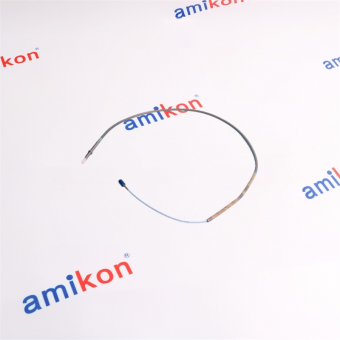

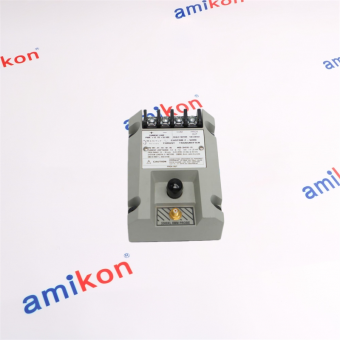

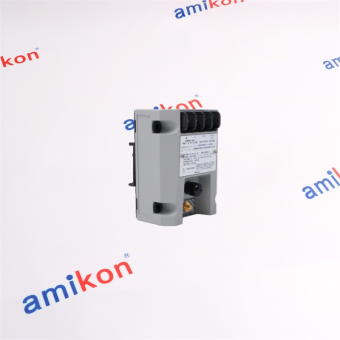
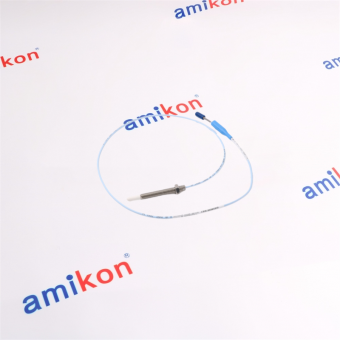
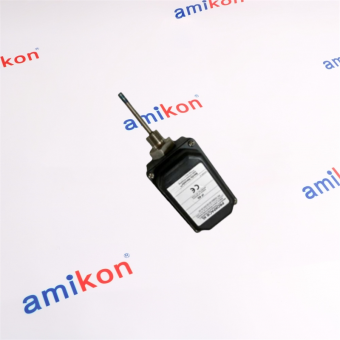


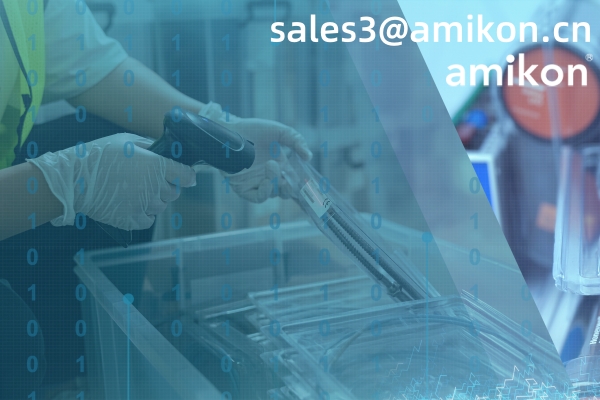
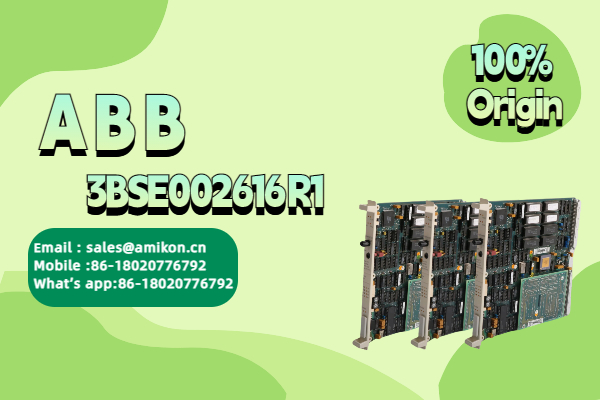
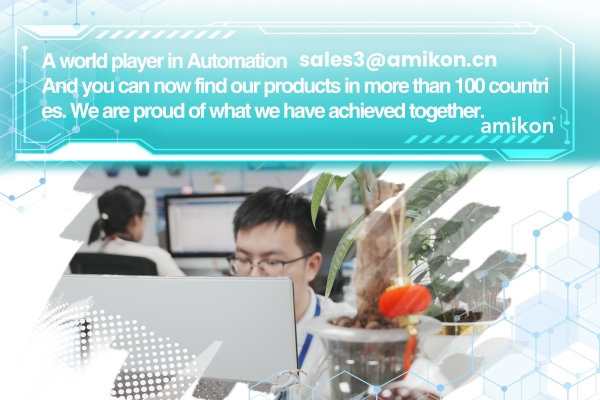

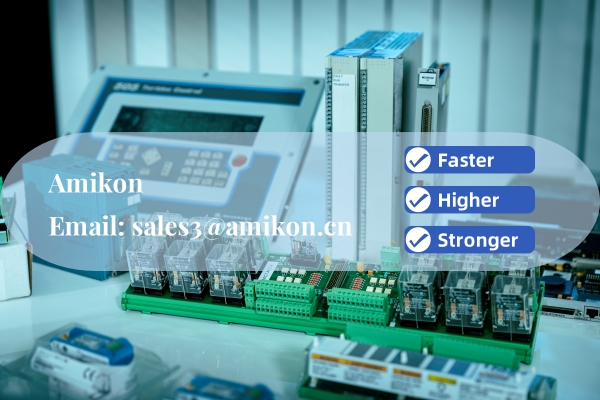
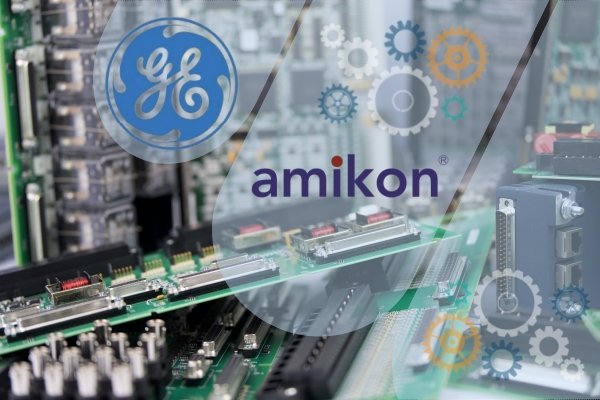

 IPv6 network supported
IPv6 network supported




